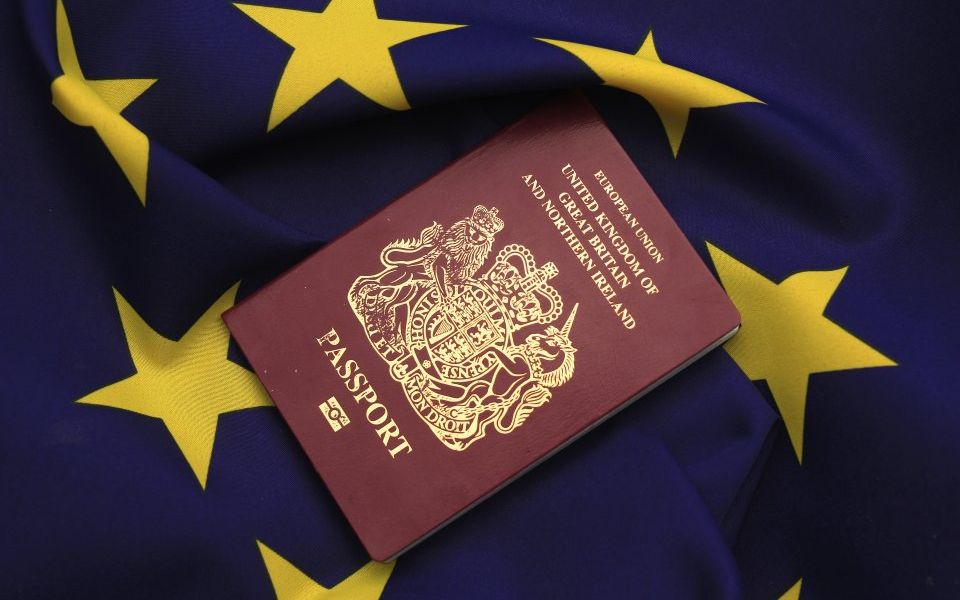
Britain is in for a rough ride next year; the EU holds all the cards ahead of Brexit trade talks

At times Brexit can seem like one giant wheeze invented to sell more newspapers.
But even by the standards of Fleet Street’s saturation Brexit coverage, this week the press has really gone to town on the latest twist in the saga.
On Monday night many newspapers got very hot under the collar after Michel Barnier, the European Union’s chief Brexit negotiator, repeated something he has already said. Several times before.
What did he say that proved so controversial? Remarkably, it was his well-worn assertion that Britain cannot have a special deal for the City of London after Brexit.
It didn’t take long for the pro-Brexit sections of the press to claim Mr Barnier had “placed the EU on a collision course” with Theresa May’s government, while also describing his comments as “incendiary”.
They were, of course, nothing of the sort. As far back as the start of 2013, there were warnings from within the insurance industry that a break with Europe – however unlikely it still seemed at the time – would have a profound and damaging effect on the City of London.
Mr Barnier has been nothing but consistent in his warnings that in leaving the single market Britain will lose its single market passporting rights – otherwise known as mutual recognition of regulatory standards.
For Britain’s banking sector, passporting rights are what allow banks regulated to do business in the UK do business in the rest of the EU without seeking further permission from the other 27 member states.
Passporting is the exact opposite of one of the chief criticisms of the EU: that it is overly-bureaucratic.
In fact, passporting frees businesses up to trade across the current 28 member states of the EU by being regulated and given permission to do so by in just one country.
The problem with Brexit, one that was repeatedly warned about in the years leading up to the EU referendum, is that it puts Britain outside the single market.
So, no more passporting.
In fact, initially at least, British-based businesses could find themselves having to seek regulatory approval from all 27 remaining member states to operate in their territories – adhering to the minor foibles of each member state’s different regulations: a bureaucratic nightmare indeed.
The one alternative many banks are looking at is “brass plating” (setting up a nominal head office) in Paris or Frankfurt before 29 March 2019 in order to retain their single market passporting rights.
Of course, Britain might achieve something no other country ever has in the history of international trade deals, and secure a free trade deal with the EU within a matter of a couple of years.
But given how things have gone so far, that outcome looks unlikely at best and downright remote at worst.
Passporting is hugely valuable to the UK’s dominant financial services sector – and giving it up as part of Brexit is all but unthinkable. As a result the EU holds a vital trump card in next year’s negotiations, meaning the shrillness of the the pro-Brexit camp will only increase as Britain bumps up against the EU’s strong position.
If you thought 2017 was a rollercoaster ride of political and economic instability, you ain't seen nothing yet.